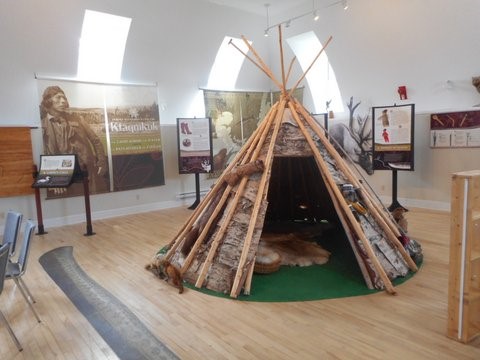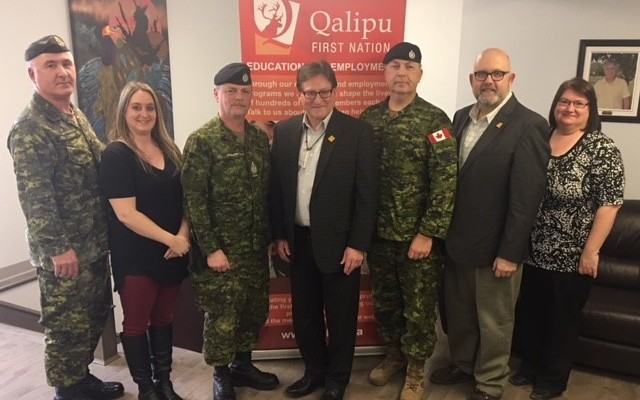A recent Federal Court ruling that is relevant to some 50,000+ applicants who were denied Founding Membership to the Qalipu First Nation after failing to meet the self-identification requirement was recently handed down by Justice Russell W. Zinn. The case was between Sandra and Dave Wells, Canada and the Federation of Newfoundland Indians (FNI) and related to the Self-Identification criterion of the Qalipu enrolment process, the right to appeal for applications denied on this criterion, and the validity of the Supplemental Agreement.
In summary, Justice Zinn ruled that:
- The FNI and Canada acted within their legal rights to amend the 2008 Agreement for the Recognition of the Qalipu Mi’kmaq Band through the introduction of the Supplemental Agreement. Amendments that corrected errors in the Agreement, or extended timelines, for instance, required only that the parties agree on the amendment and did not require ratification.
- The FNI and Canada did not introduce the Supplemental Agreement for “the improper purpose of pre-emptively limiting the number of potential band members who would be entitled to registration.”
- There were parts of the Supplemental Agreement that did not fit within the parties right to amend without ratification and thus the judge deemed unreasonable:
- Removal of the right of appeal for applicants denied on the Self-Identification criterion
- Evidentiary documentation supporting an applicant’s self-identification should have been based on the date of Qalipu’s formation, rather than the date that the Agreement for the Recognition of the Qalipu Mi’kmaq band was signed by Canada and the FNI.
- The types of evidence required to show self-identification, and the requirement for this type of evidence on an applicants file, was reasonable and fair.
- The timeline to respond to the Supplemental Agreement was fair and applicants were not denied procedural fairness.
- Charter rights were not breached in the introduction of the Supplemental Agreement.
The next steps Canada and the FNI will take following receipt of the Federal Court decision have yet to be determined. Once the parties have had the chance to meet, and discuss next steps, more information will be communicated on the path forward.
For a better understanding of this case, please click here to read additional information in Outcomes from the Recent Court Ruling Involving Dave Wells, Sandra Wells, Canada and the FNI.










